Republicans Hold Off on Ending Mask Mandate, Work to Limit Evers' Emergency Powers
January 28, 2021
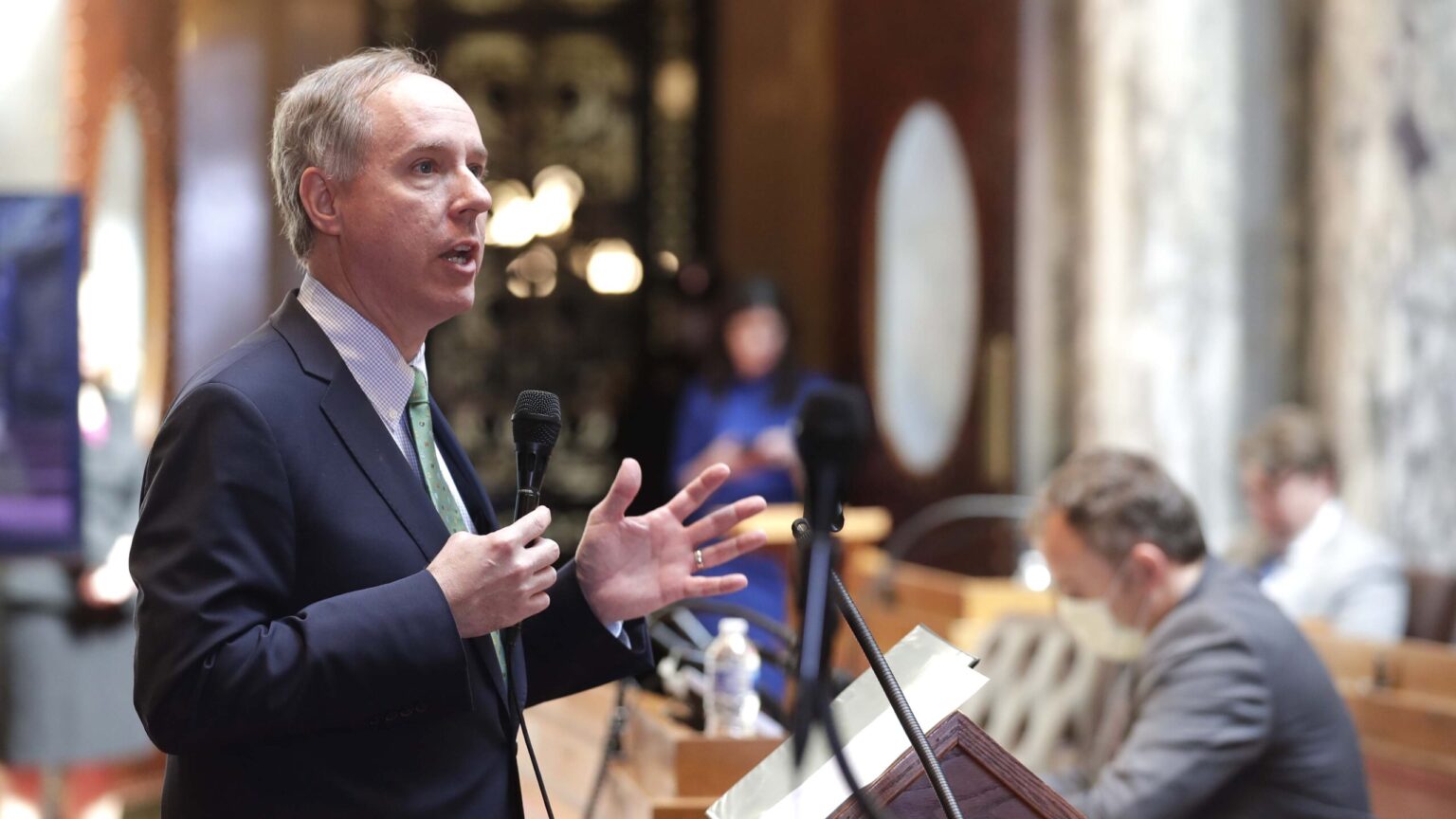
Robin Vos, Speaker of the Wisconsin Assembly, explains proposed legislation as the legislature meets to vote on a bill would give the unemployed more benefits, provide insurance protections for those infected with coronavirus and shield health-care providers from liability, during a session April 14, 2020. (Courtesy: Rick Wood / Milwaukee Journal Sentinel)
The Assembly held off throwing out the state’s mask mandate while Senate Republicans amended their COVID-19 response bill Thursday with last-minute changes that will allow the state’s mask mandate to end while keeping expanded FoodShare benefits for Wisconsin families.
This came after a Legislative Fiscal Bureau memo was released overnight that found as many as 242,507 Wisconsin households could lose $49.3 million in expanded food stamp benefits if Republicans ended the state’s mask mandate as initially intended.
The FoodShare benefits are tied to the same COVID-19 emergency declaration that gives Gov. Tony Evers the power to institute a mask mandate. Under federal legislation passed last year, food stamp benefits could be expanded in those states that had declared a COVID-19 emergency.
Republicans sought to overturn the mask mandate by ending the state’s COVID-19 emergency, which the Legislature can do via a joint resolution. The Senate passed the joint resolution Tuesday and the Assembly was scheduled to take it up Thursday.
After an hours-long caucus Thursday morning however, Republicans amended a COVID-19 relief bill in the Senate to limit Evers’ authority—allowing him to only declare a COVID-19 emergency to secure federal funding.
Though the Assembly was scheduled to take up the joint resolution Thursday, Assembly Speaker Robin Vos said the chamber would leave the emergency declaration intact to ensure ending it would not have a negative financial impact.
The governor’s previous orders also allowed the Wisconsin National Guard to be activated in response to the pandemic. The proposed language did not discuss how that activation might be affected.
The amendment is tacked on to the same Senate bill that has bounced between legislative chambers over Republicans’ internal disagreement on what to include in the coronavirus response legislation. The bill would still need to be passed by the Assembly.
Evers could veto the legislation limiting his authority to declare a COVID-19 emergency, but would risk losing the federal money as well as further delaying a new COVID-19 response bill.
 Passport
Passport




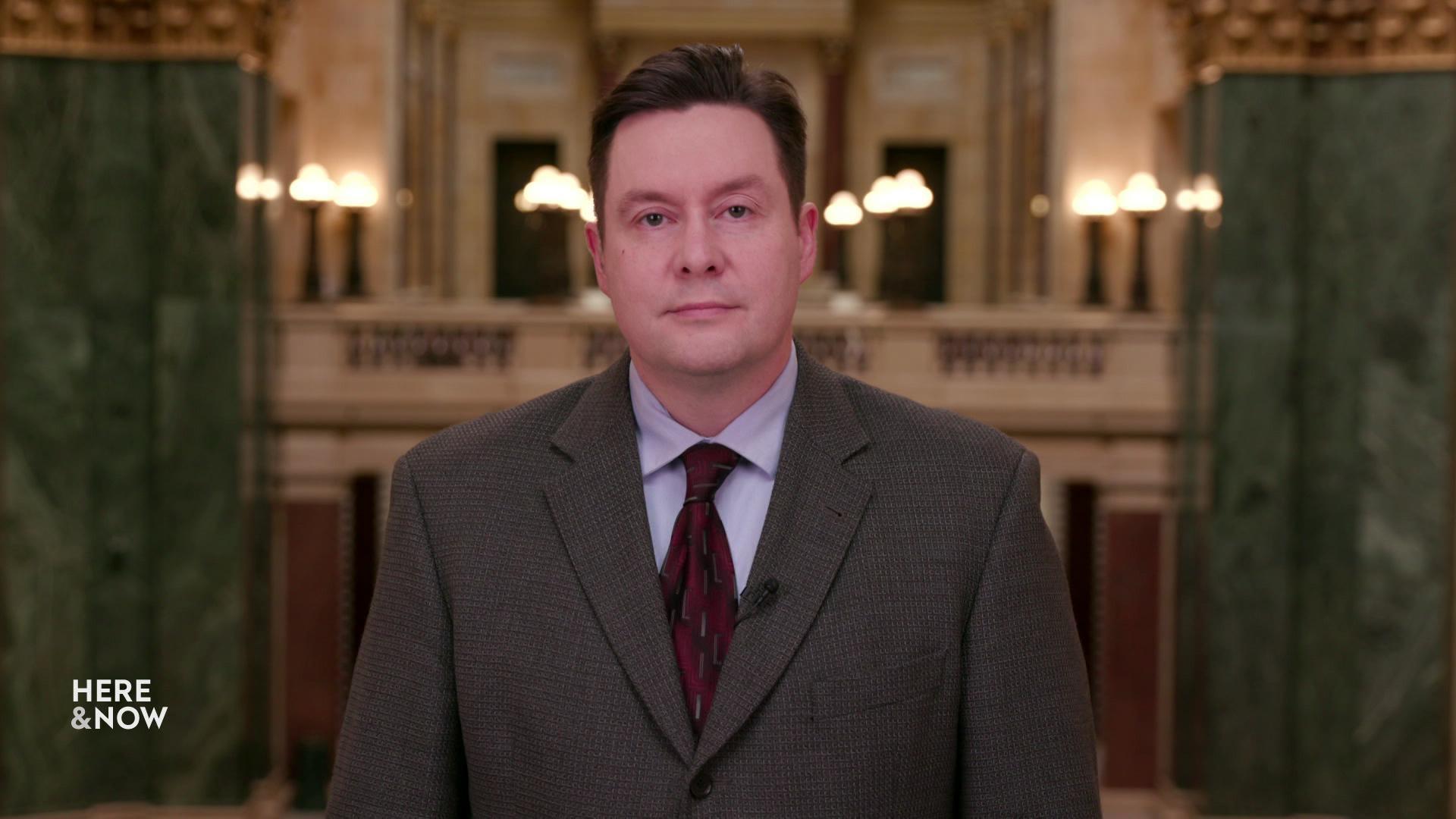
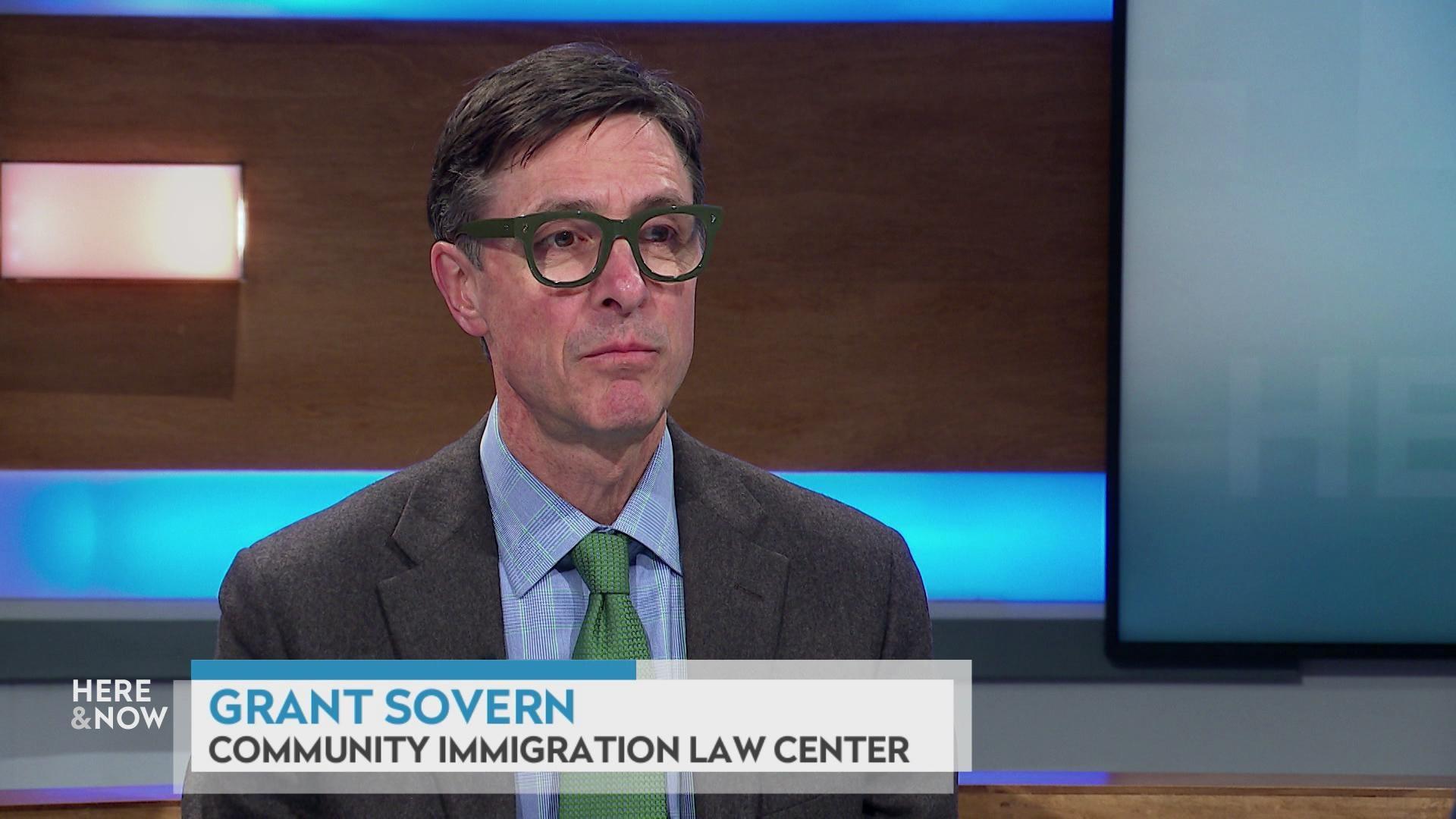
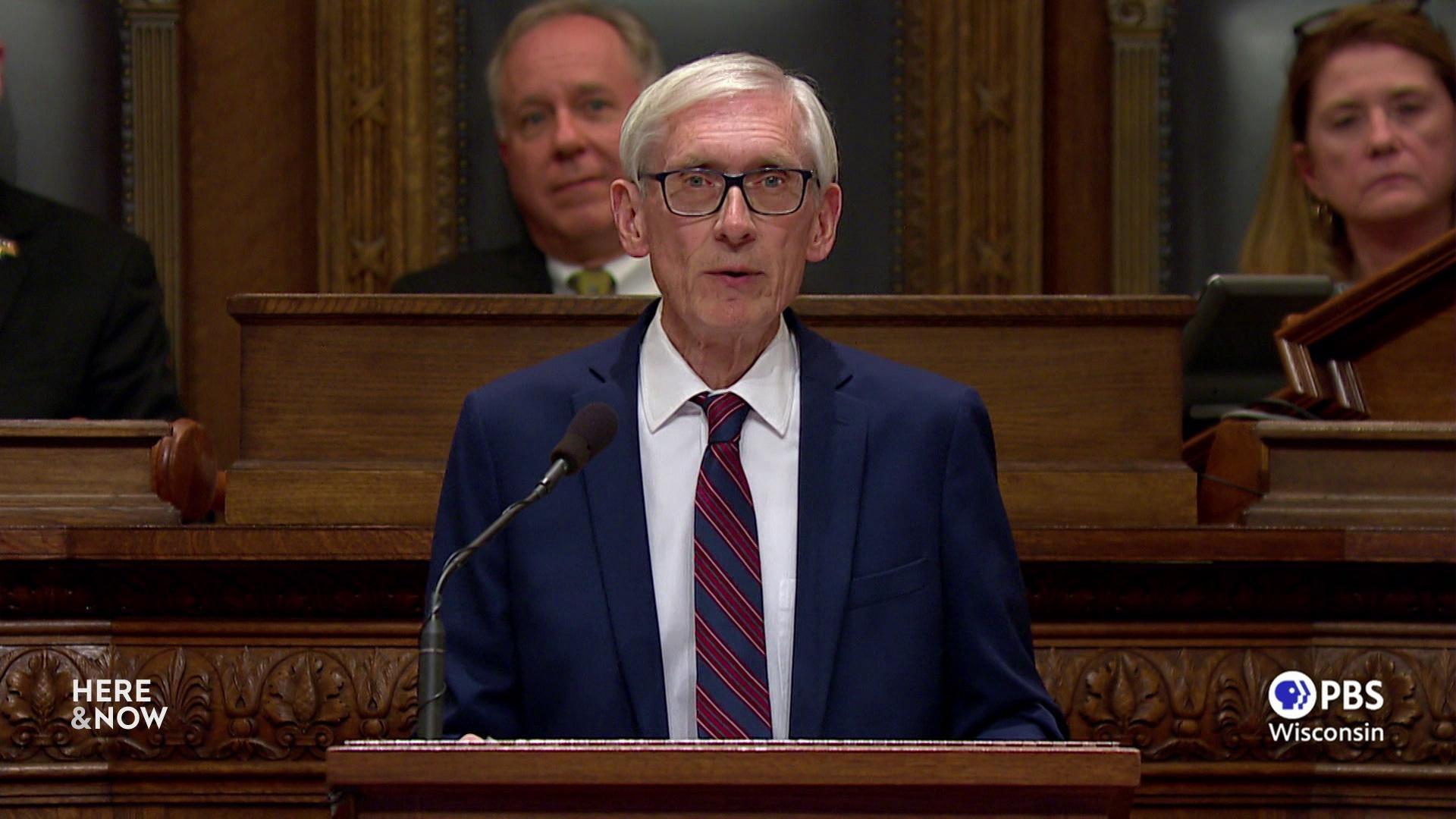

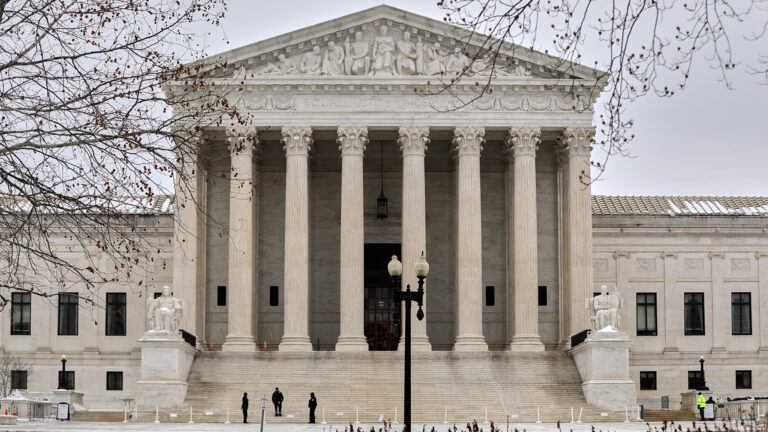
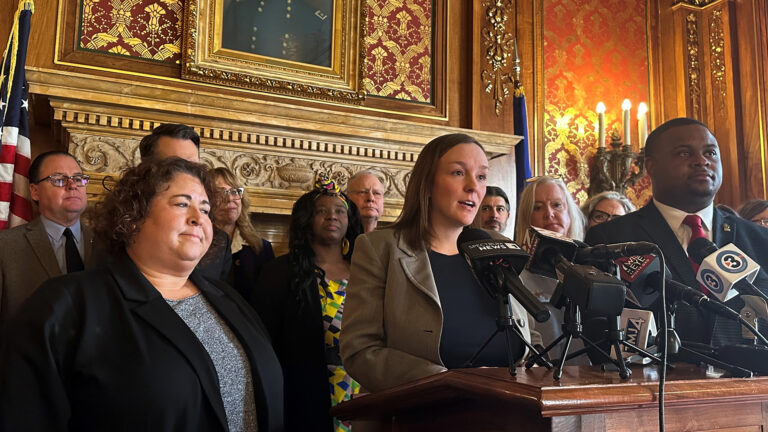

Follow Us